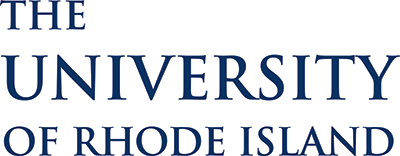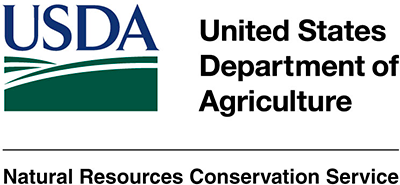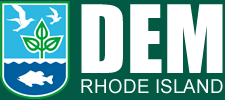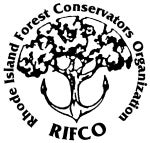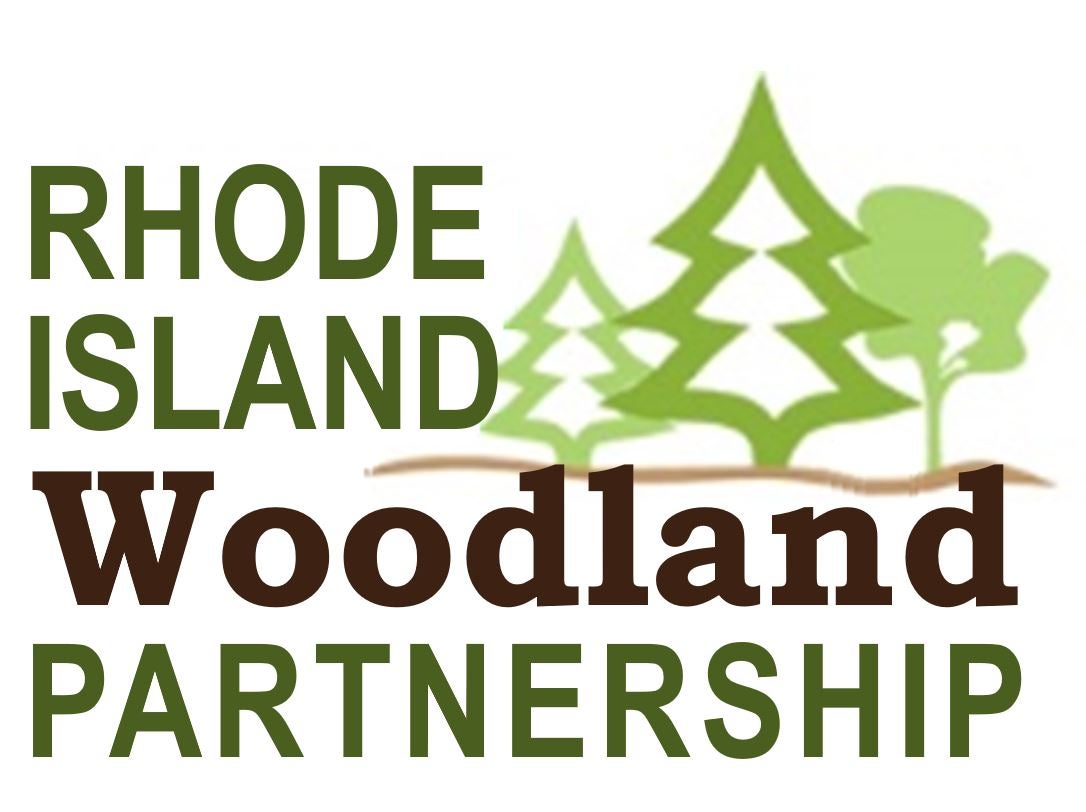Sustainable harvesting can be defined as a method of harvesting that provides a constant supply of wood resources throughout the landscape, with future timber yields unaffected or improved by current harvesting methods. Ecological sustainability goes hand in hand with economic sustainability, as it maintains the stability of natural functions, populations, successional patterns and carbon storage in the forest. Foresters emulate natural disturbances with their harvesting methods to maintain these balances.
One example of small-scale sustainable forestry is to cut trees of poor vigor annually as a supply of personal firewood. Not only does this practice provide a constant supply of fuel – it will allow remaining trees to grow with more space and light, improving future timber and aesthetic values. To learn about other stewardship successes in Rhode Island, click here.
Rhode Island’s moist climate makes it very easy for trees to repopulate sites without the act of planting, so foresters are trained to manage woodlands in ways that favor specific habitat features, species, and densities. Programs that support landowners and their working forests have standards to support sustainable management, which is a great way to incentivize these practices. For example, Rhode Island’s Tree Farm Program requires a written management plan containing the following elements: forest health, soil, water, wood and fiber production, threatened and endangered species, special sites, invasive species, integrated pest management, and high conservation value forests. They also require compliance with all forest regulations, which are put in place to reinforce sustainable management.
Best Management Practices (BMPs) are sets of guidelines that address specific issues, such as air, water, wildlife, and soil protection. These practices help to achieve sustainability across all aspects of environmental management and are go-to tools for sustainable forestry. Under RI DEM’s supervision and “Intent to Cut”, forestry professionals must uphold these standards to meet harvesting regulations. See below for Rhode Island’s BMPs.
Water Quality Protection and Forest Management Guidelines BMP http://www.timbersource.com/prices/RIBMP.pdf
Erosion and Sediment Control BMP http://www.dem.ri.gov/programs/bnatres/agricult/pdf/erosionbmp.pdf

